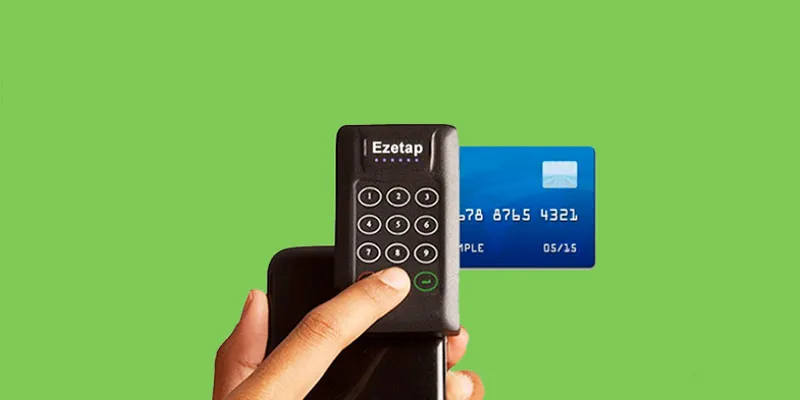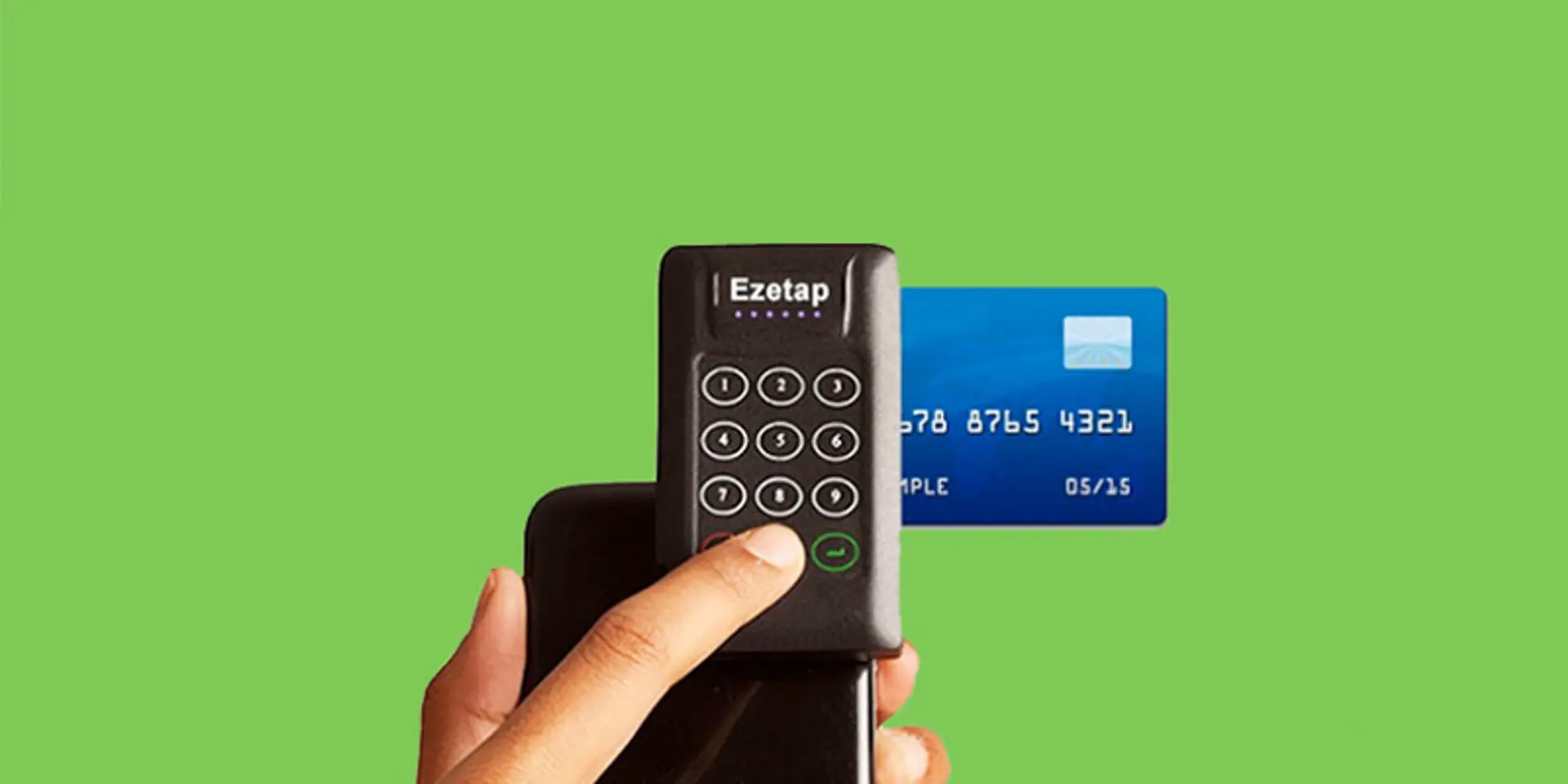An Ezetap device is like a micro ATM: CEO Abhijit Bose on his startup journey

It was in 2005 when Abhijit Bose, Director of Product Management at Siebel Systems, decided to come back to India from the Bay Area. He went on to work with Oracle for a year before making up his mind to venture out into the startup world. “The ecosystem in the Bay Area was pretty developed but I saw that there wasn't much happening in India,” says Abhijit. He joined Ngpay, a 'mall on mobile', as the Vice President and helped grow the business for two and a half years. While in this space, Abhijit recognized the need to strengthen the payments space in India. He joined Intuit for a couple of years before venturing out with Ezetap, a mobile POS (point of sale) solution.
Meanwhile, Bhaktha Keshavachar, a technology veteran from Intel, had started Antargata Infotech in Bangalore, a product-based software company. Bhaktha was also excited by the opportunities in the payments space and he joined hands with Abhijit for Ezetap, a mobile based payments company that aims to change the landscape of electronic payments in emerging markets. Their idea found validation when Sanjay Swamy, managing partner at AngelPrime Partners, decided to invest in the company and came on board as co-founder and chairman. The seed round also had Social+Capital Partnership as a co-investor.
The company went on to raise a $3.5 million series A in 2012 and $8 million series B led by Helion in early 2014. The Ezetap device which is priced at USD 50 fits on a mobile phone and can be used to collect payments. Although a lot like Square, the team at Ezetap positions it differently. “We are a lot more than a card swiping device. An Ezetap is like a micro ATM,” says Abhijit. The primary function is to collect payments but the strong technology infrastructure adds a lot of capabilities. Functions like daily automatic settlement and paperless reconciliation, online availability of transaction details, sending e-receipts to customers and a lot more is supported by Ezetap. “The real power is the scalability of payments here. By removing the last mile obstacle and putting payments in the Cloud, merchants get tremendous leverage,” says Abhijit.

“We did a lot of research while validating the product. We worked with entrepreneur friendly companies like Flipkart to test out the product and iterate to find out a viable business model,” says Abhijit. Ezetap doesn't take a cut from transactions and the decision for a shift from this model came after their initial validating process. The company has been built keeping the needs of an emerging market in mind. At present, nearly 12,000 Ezetap devices are being used by marquee customers like Ola Cabs, BookMyShow, etc. and the plan is to expand in five to seven countries by mid-year.
Trust is a huge factor when it comes to payments. The go-to market strategy for Ezetap has been to identify the needs of the companies and customizing the solution for them to deploy. Once trusted brands start using the product, more buyers will see the device and trust develops. “We have tied up with Citibank in India and have strong relations with the best banks across countries where we intend to penetrate,” says Abhijit.
Leaving Sqaure aside, mSwipe is the biggest competitor for Ezetap in India with over 7000 merchants in India and Sri Lanka. iKaaz is another mobile payments solution from Bangalore that has expanded internationally. Hyderabad-based MobileCozy (now AasaanPay) has also been fighting it out but it'll be hard for the firm to compete with the venture-backed startups. The intersection of mobile and payments is a space rife with opportunity and Ezetap sits pretty in the middle. It'll be interesting to see how the space shapes up in the coming years.
Related reads:
Investor Chamath Palihapitiya on Love, Facebook and Entrepreneurship!
“Indian entrepreneurs are really tough,” Bala Parthasarathy, Managing Partner, AngelPrime







